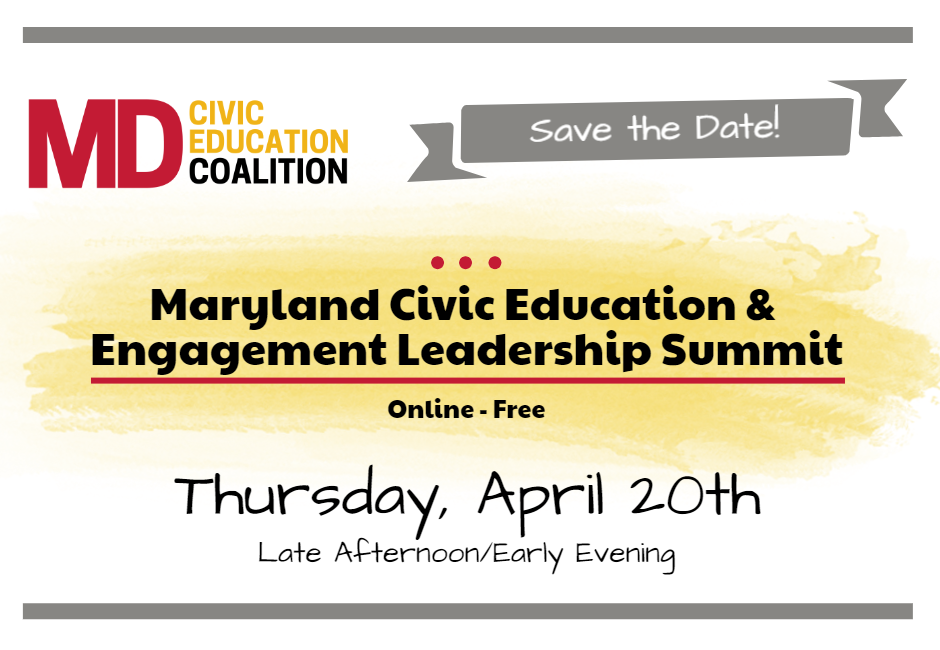The 10 Practices of Effective Civic Education
The following is excerpted from Peter Levine and Kei Kawashima-Ginsberg’s “The Republic is (Still) at Risk—and Civics is Part of the Solution”. To read the entire report, click here.
Since 2003, there has been a consensus in the field of civic learning that “six promising practices”–later renamed “six proven practices”–are effective when done well. These are:
1 | Courses on civics, government, law, and related topics.
Students who take such courses are better informed and more likely to vote, so long as the courses use recommended pedagogies. A course also creates time for some of the other six practices, such as deliberation and simulation, and encourages schools to employ teachers who are specifically charged with civic learning.
2 | Deliberations of current, controversial issues.
A large body of research finds that facilitated, planned discussions teach deliberative skills and increase students’ knowledge and interest.16 Such discussions should take place in civics or government courses as well as in other courses and extracurricular groups. Perhaps the most evident deficit in American civic life today is the lack of discussion across political and social differences, but that habit can be taught.
3 | Service-learning.
Service learning refers to the combination of community service and academic study of the issues addressed by the students’ service. The most consistent outcomes of service- learning are habits and values of engagement. Service-learning has positive effects when it includes discussion of the underlying causes of social problems.
4 | Student-led voluntary associations.
These are the main venues in which students learn de Tocqueville’s arts and sciences of association. In student-led groups that work on shared projects over time, members learn “initiative” and “agency”18 and develop habits of participation that persist for decades.
5 | Student voice in schools.
Young people develop into more effective, skilled, and knowledgeable citizens when they feel that students influence the climate and policies of their schools and that all students’ voices are respected and valued.
6 | Simulations of adult civic roles.
Simulations are as traditional as mock trials and Model UN programs, but today online games and simulations add powerful, modern components. iCivics–the most widely used civic learning program in the country–uses role-playing games to simulate how government works, engaging students in such processes such as national elections that they could not otherwise experience. Walter Parker and colleagues have worked with instructors to teach the Advanced Placement American Government course entirely through five, month-long simulations, with very positive effects.
To these six practices, [the Republic is Still at Risk adds] several complementary streams of research and practice:
News media literacy education
The news industry and social media are changing rapidly, with profound implications for youth participation in our democracy and civic life. For example, 30% fewer people are employed as journalists than ten years ago due to the economic crisis in the industry, but social media platforms give access to an enormous variety of sources and perspectives. Some changes are beneficial: young people are increasingly empowered to influence the topics and stories that are widely shared. At the same time, they are deluged with unreliable information and actual propaganda, and research shows that most young people perform poorly at distinguishing fake news from reliable news. This skill can be taught effectively in schools, and students can learn to be effective producers of news. Given these recent developments, the need for news media literacy education is acute.
Action Civics
There is a long tradition of encouraging students to choose and define problems in their community, develop and implement plans to address those problems, and reflect on their actions. That description would apply to service-learning, one of the six practices described [above], and to project-based learning in any discipline, including science. However, a set of organizations and authors are now using the phrase “Action Civics” to refer to this approach when students are encouraged to develop identities as citizens (with rights and responsibilities) and when they are encouraged to consider influencing institutional policies along with other options for addressing problems. Evidence is accumulating that Action Civics enhances skills, knowledge, and efficacy.
Social & Emotional Learning (SEL)
To be successful in life and contribute to society, students must learn “to understand and manage emotions, set and achieve positive goals, feel and show empathy for others, establish and maintain positive relationships, and make responsible decisions – which is how the Collaborative for Academic, Social, and Emotional Learning (CASEL) defines “social and emotional learning.” Many states and districts have adopted standards or other policies for SEL. Students with better socioemotional skills are likely to be more ethical and effective citizens, and experiences with civic learning can boost SEL outcomes.
School climate reform
School suspension and arrests are known to depress young people’s voting and volunteering rates for decades to come.25 Racial disparities in how often suspension and arrest are used for the same infractions have been well documented, including by civically engaged youth who are challenging the “school-to-prison pipeline.” Restorative justice and other alternative approaches show promise for enhancing schools’ civic outcomes.
Peter Levine and Kei Kawashima-Ginsberg, “The Republic is (Still) at Risk—and Civics is Part of the Solution” (Medford, MA: Jonathan M. Tisch College of Civic Life, Tufts University, 2017), pp.4-5

